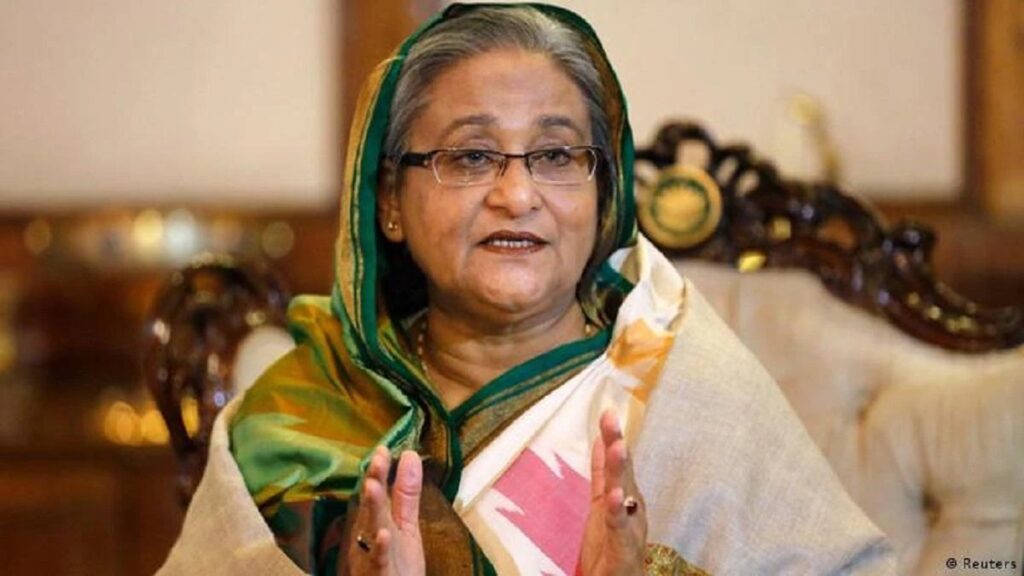Over 100 Journalists Call Sheikh Hasina Verdict ‘Biased’, ‘Non-Transparent’
Nov 20, 2025 | Pratirodh Bureau
In a joint statement signed by 102 journalists and shared by the Awami League on social media, the signatories voiced "profound concern" over the verdict and the ICT's conduct
Hundreds of journalists worldwide have condemned the verdict against former Bangladesh Prime Minister Sheikh Hasina, labeling the International Crimes Tribunal (ICT) process as “biased and non-transparent” and a threat to the rule of law. The criticism erupted after the ICT sentenced Hasina to death on Monday for “crimes against humanity” related to the July 2024 demonstrations. Former Home Minister Asaduzzaman Khan Kamal also received the death penalty, while former police chief Chowdhury Abdullah Al-Mamun was sentenced to five years.
In a joint statement signed by 102 journalists and shared by the Awami League on social media, the signatories voiced “profound concern” over the verdict and the ICT’s conduct. They highlighted inconsistent procedures, political influence, and a lack of transparency, stating, “When the judiciary is unable to function independently, democracy, human rights, and the rule of law come under severe threat.”
The journalists demanded the verdict be annulled and the process restarted transparently. “They stressed that due process and neutrality were ‘gravely absent’ in the proceedings,” the statement noted.
Separately, over 1,001 public university teachers in Bangladesh rejected the ruling, calling it “fabricated,” “false,” and “farcical.” They accused the ICT of resembling a “kangaroo court” motivated by “dictatorial” and “anti-justice” impulses, relying on false testimonies.
The teachers expressed solidarity with the Bangladeshi public, declaring, “The progressive teachers’ community declared solidarity with the Bangladeshi public and reiterated their rejection of the tribunal’s ruling ‘with hatred’.”
They credited Hasina as the “architect of a modern and prosperous Bangladesh,” inspired by Bangabandhu and the liberation war. The teachers emphasized that “crores of people” who draw inspiration from these ideals have rejected the “hateful, conspiratorial, predetermined verdict” against Hasina.
This backlash underscores growing concerns over judicial integrity in Bangladesh. Critics argue the ICT’s proceedings lack impartiality, potentially undermining democratic institutions. The international outcry highlights fears of political persecution, with Hasina’s supporters viewing the verdict as a tool for retribution.
The Awami League has vowed to challenge the ruling, framing it as an attack on Bangladesh’s progress. Analysts suggest the verdict could deepen political divisions, affecting stability in the South Asian nation.
As appeals are expected, the global community watches closely. The condemnation from journalists and educators signals a broader debate on justice and accountability in post-conflict societies.
